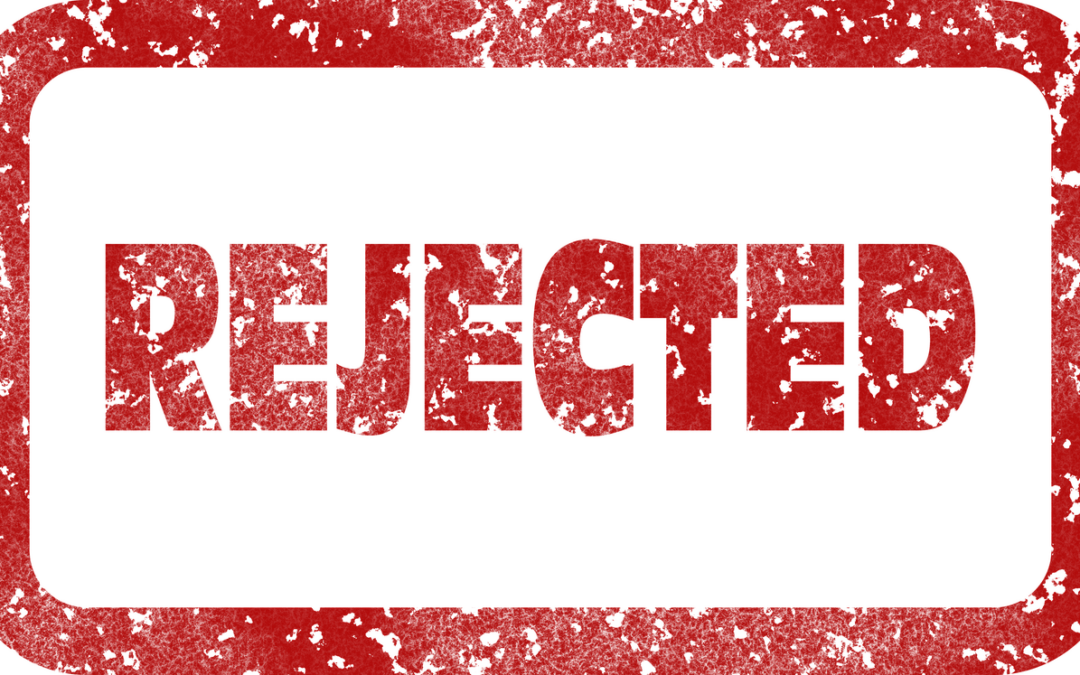Sustaining a personal injury – whether at work, on the street, in a motor vehicle accident or elsewhere – can be a physically, emotionally, and financially devastating experience. In Australia, the legal system provides a mechanism for individuals to seek compensation for injuries caused by someone else’s negligence or wrongdoing. However, not all personal injury claims are successful. In fact, there are myriad reasons why your claim might be rejected. By addressing these issues proactively and seeking the right professional legal assistance, you can mitigate these risks and improve the likelihood of a successful personal injury claim.
Reasons for Rejection of Personal Injury Claims
Some barriers to a successful personal injury claim are very difficult to overcome. For instance, if the person responsible for your injury did not owe you a duty of care, then you cannot recover compensation from them for your injury. Similarly, you cannot recover from a person, even if they did owe you a duty of care, if there is no way to establish that they were responsible for your injury. It is also difficult to succeed if your injuries are considered too minor to be recognised.
However, other barriers to success can be overcome or addressed through proactive action. Barriers can be overcome even when there is a lack of evidence, contributory negligence, late claims, pre-existing conditions, or a failure to seek medical attention.
Barrier to Success 1: Lack of Sufficient Evidence
One of the most common reasons for a personal injury claim to be rejected is that the claimant provides insufficient evidence to establish liability and the extent of the injuries. If you fail to provide convincing evidence, the respondent’s insurance company or the court might deem your claim unsupportable.
To build a strong case, you need relevant evidence such as medical records, accident reports, witness statements, photographs, and any other documentation that supports your claim.
At the time of your accident, or as soon as possible afterwards, you should thoroughly document the scene of the incident. If possible, obtain contact information from witnesses and take photographs of the accident site and your injuries. Consult with a personal injury lawyer who can guide you on what evidence is essential and help you present a compelling case.
Barrier to Success 2: Contributory Negligence
Contributory negligence occurs when your actions or behaviour contributed to the accident or injury. In Australia, the principle of contributory negligence can reduce the amount of compensation you receive if it is determined that you shared some degree of responsibility for the incident. In fact, if you are found to be more than 50% at fault, your claim might be rejected altogether.
Your personal injury lawyer will analyse the circumstances of your case and help determine if contributory negligence is an issue. For this reason, it is important that you share a full and frank account of the incident with your lawyer at the initial consultation. An experienced lawyer can advocate on your behalf to minimise any potential reduction in compensation by presenting evidence that highlights the other party’s greater share of responsibility.
Barrier to Success 3: Late Claims
In Australia, there are strict time limits within which you must file a personal injury claim. These time limits, known as the statute of limitations, vary depending on the type of injury and the jurisdiction, but the deadline is usually within three years of the date of the injury. If you miss the deadline, your claim might be rejected, and you may lose the opportunity to seek compensation.
It is crucial to consult with a personal injury lawyer as soon as possible after the injury occurs to ensure you file your claim within the prescribed timeframe. A lawyer can also help you begin to gather the necessary documentation and prepare your claim efficiently, so you comply with all court deadlines.
Barrier to Success 4: Pre-Existing Conditions
Insurance companies and opposing parties might argue that your injuries were pre-existing or unrelated to the incident in question. In that way, they can use your medical history to reject your claim on the basis that your injuries were not caused by the accident. For instance, if you suffer whiplash in a car accident, the insurance company may claim that a degenerative condition is the real source of your neck pain.
You can address this barrier by providing complete and accurate medical records to your lawyer. Your lawyer will also work with medical experts to establish causation and counter any arguments that your injuries were pre-existing.
Barrier to Success 5: Inadequate Medical Treatment
If you fail to seek prompt and appropriate medical treatment after the incident, the opposing party can argue that your injuries are not as severe as claimed or that you did not take reasonable steps to mitigate your damages.
As such, you should seek medical attention immediately after any accident, even if your injuries seem minor. This not only ensures your wellbeing, it also establishes a medical record linking your injuries to the incident. You then need to follow your healthcare provider’s advice as closely as possible and attend all recommended appointments for treatment and rehabilitation.
Barrier to Success 6: Insufficient Legal Representation
Navigating the complexities of personal injury law in Australia can be challenging without proper legal guidance. Choosing the wrong lawyer or attempting to handle the claim on your own can lead to mistakes, missed opportunities, and ultimately an unsuccessful claim.
You should select a reputable and experienced personal injury lawyer who specialises in your type of injury. A skilled lawyer will understand the intricacies of the legal process, gather strong evidence, negotiate effectively, and advocate for your rights. Their expertise greatly increases your chances of a successful claim outcome.
Conclusion
A key objective of receiving compensation for injuries caused by somebody else’s negligence is to ensure the injured person can seek the financial assistance and healthcare necessary to assist their recovery. Recovering, however, can be made especially difficult when a claim for compensation is rejected.
While not all personal injury claims are successful, there may be ways that you can improve your chances of being fairly compensated for injuries sustained when somebody else was at fault. Understanding some of the barriers to a successful personal injury claim and seeking legal advice from an experienced personal injury lawyer can make a big difference.
If you or someone you know wants more information or needs help or advice, please contact us on 08 8443 4888 or email [email protected].

